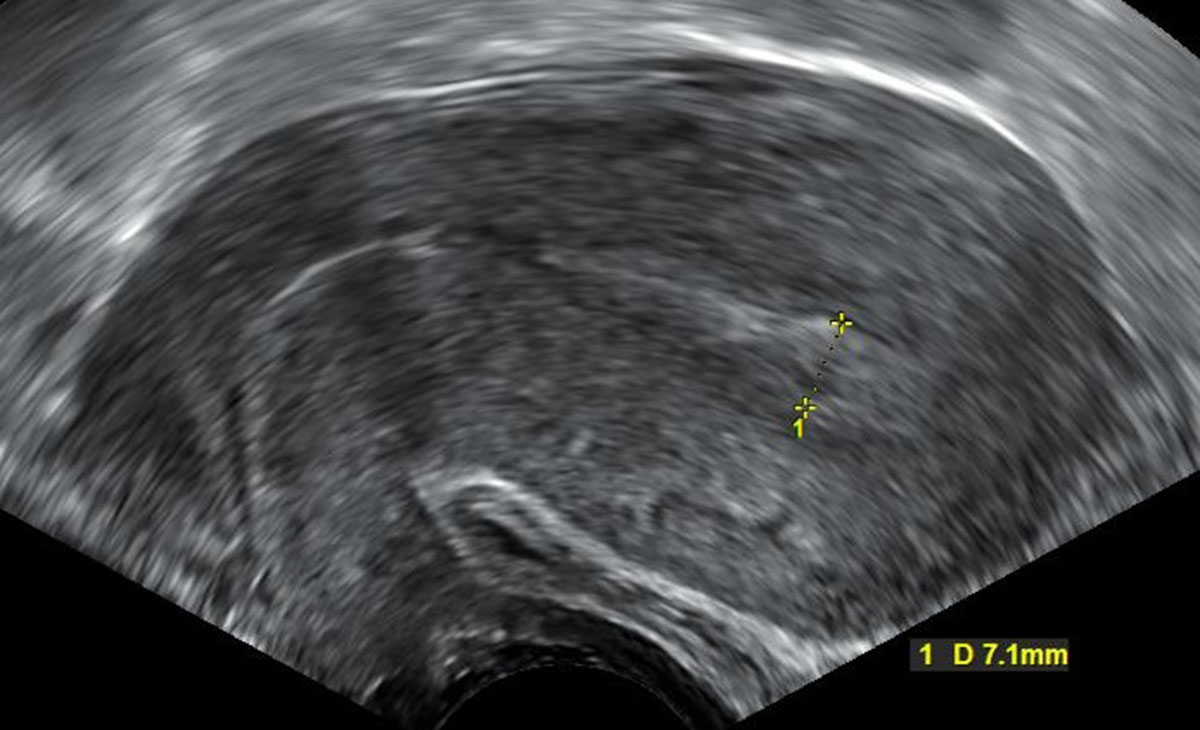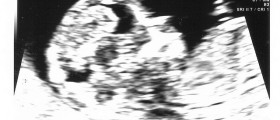
A miscarriage can be defined as a spontaneous loss of a fetus that takes place before the 20th week of pregnancy. The fetus younger than 20 weeks simply cannot survive. Many women are terrified of the thought of miscarriage. However, it is essential to be familiar with all the symptoms and signs of miscarriage and act promptly. Only this way with adequate treatment miscarriage can be stopped.
Types of Miscarriage
There are several types of miscarriage. Threatened miscarriage occurs in most cases of vaginal bleeding during early pregnancy. Such bleeding is generally mild and a woman also feels moderate pelvic pain. Inevitable miscarriage represents vaginal bleeding accompanied by dilatation of the opening of the cervix. The bleeding is in such case more intensive and the woman also suffers from intensive abdominal pain and cramping. Incomplete miscarriage is a type of miscarriage during which some (not all) of the products of conception leave the uterus (are ejected) before the 20th week of pregnancy. Incomplete miscarriage is generally accompanied by heavy bleeding and intensive abdominal pain. And finally, a complete miscarriage represents an expulsion of all the products of conception (the fetus and placental tissues). Miscarriage Bleeding
It is important to mention that vaginal bleeding in early pregnancy is quite common. It is estimated that about 1 out of every 4 pregnant women has to deal with some bleeding during the first few months of pregnancy. Fortunately, approximately half of these women overcome bleeding and eventually give birth to a full-term baby. This is why not all bleeding during pregnancy is considered a sign of miscarriage.
Still, vaginal bleeding is definitely one of the leading signs of miscarriage. Such bleeding can be in a form of spotting or it is more intensive. Miscarriage can also feature with heavy bleeding and some women may even notice blood clots or tissues coming out from the vagina. Duration of miscarriage bleeding is not unique and differs among women. Normally, the bleeding is supposed to stop within two weeks after a miscarriage. In case the bleeding continues the chance a woman has had an incomplete miscarriage is quite high.
Apart from bleeding miscarriage also features with several more characteristic symptoms and signs. The process is accompanied by abdominal pain and cramping of different intensity. When To Seek Medical Care?
Any pregnant woman suffering from vaginal bleeding should consult her doctor as soon as possible. Even though the bleeding may be harmless she must never neglect vaginal bleeding of any intensity especially if there are additional symptoms and signs such as weakness, dizziness, nausea and vomiting, abdominal pain and cramping. Women with history of ectopic (tubal pregnancy) as well as those who have noticed blood clots and other material passing through the vagina require immediate medical attention.

















Your thoughts on this
Loading...